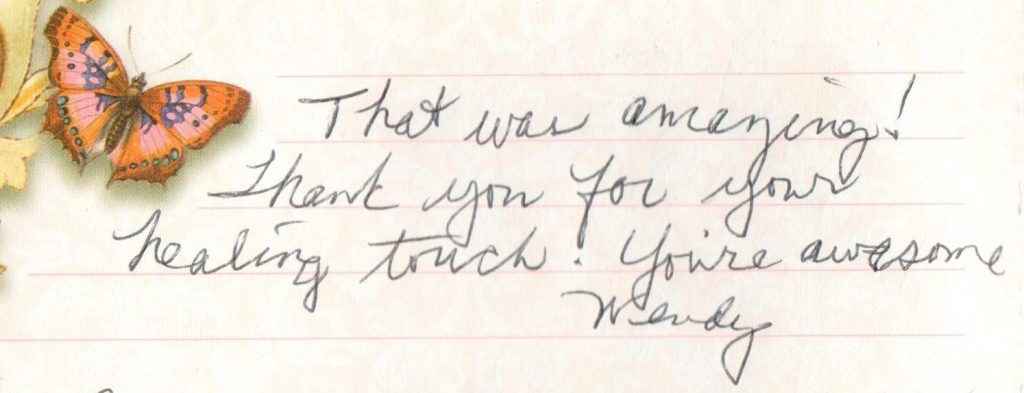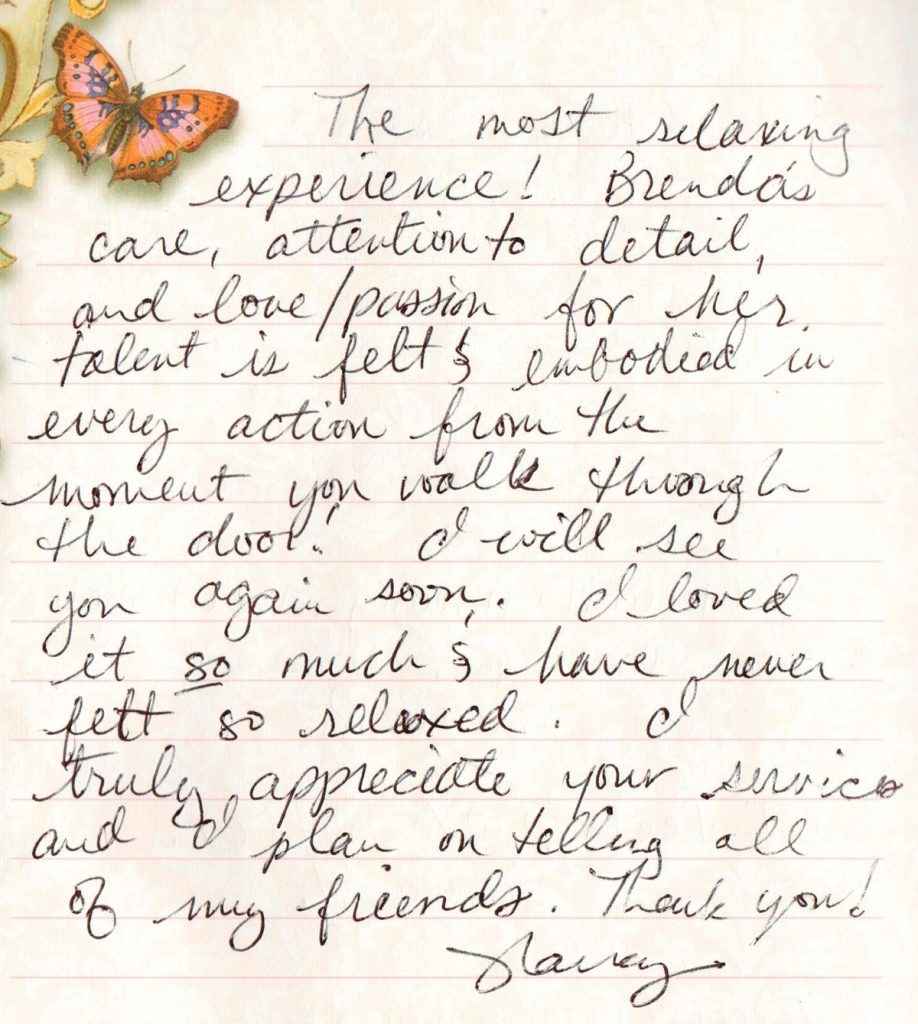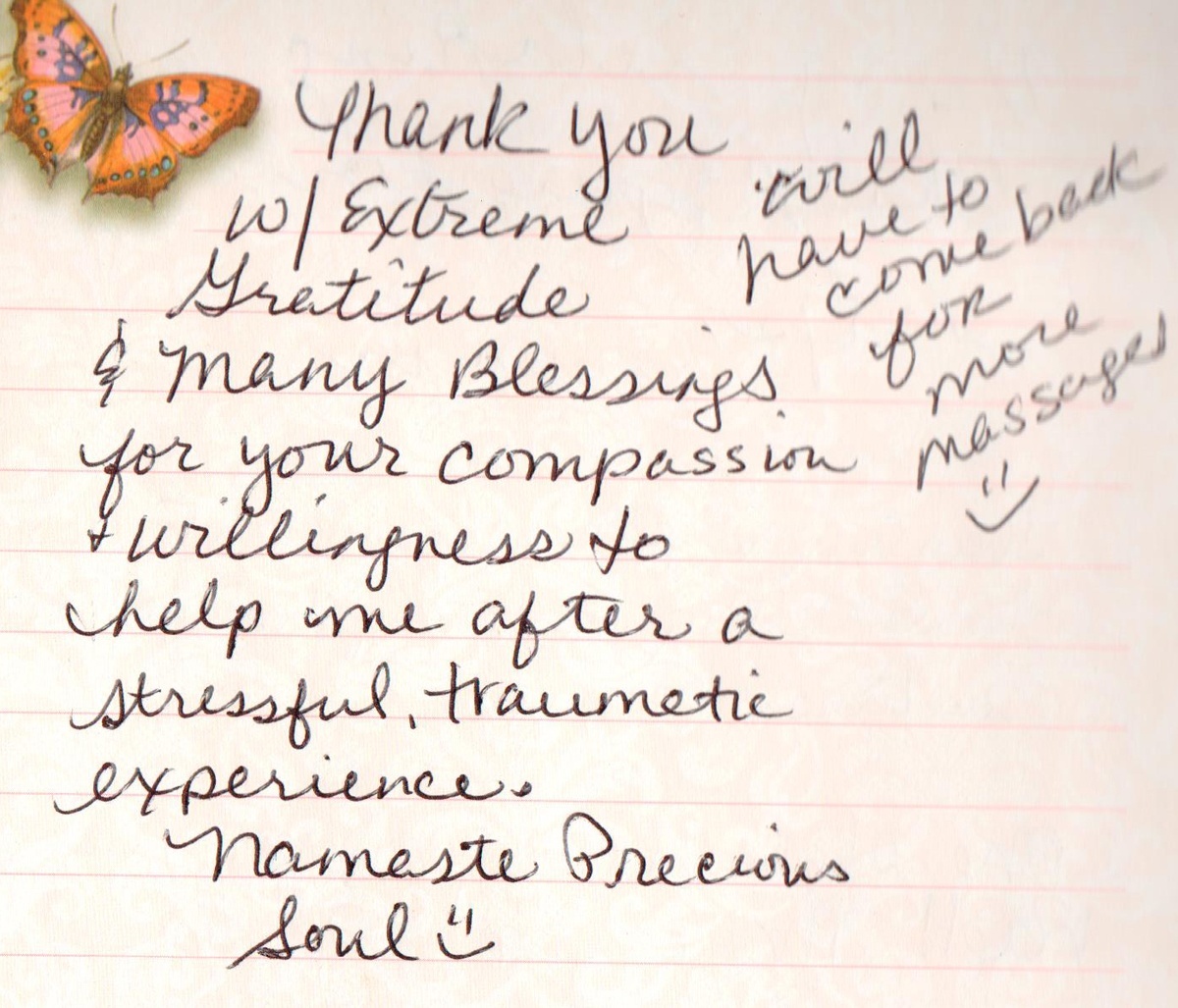Think of a time when you met someone and had an instant impression of how his or her life has been: sorrowful or fulfilling, angry or happy, welcomed or resisted.
You instinctively knew this. The person’s body broadcast the story and you, without thinking, intuitively recognized it.
Everything that happens in our lives, from inside and outside ourselves, imprints its part of our story on our body, physically and biochemically. Whether or not we like it, the body remembers, never lies and tells the tale.
Do you like the story your body is telling? Would you like to revise and amend parts of it?
We assign meaning to all that happens to and around us: and every conclusion and decision we make from that meaning generates emotion. These emotions change our state and our biochemistry, leading to physical changes and body sensations.
An example is making a report or presentation at work. If you assign the meaning that your job depends on how well you do, then this can lead to the emotion of anxiety. The anxiety translates into sensations like “butterflies” in your stomach, cramping, headache, sweating, chills, nausea.
When fleeting, these reactions don’t leave a mark, but when they are a regular occurrence their effects become etched in the body. This applies to our reactions to things like traffic jams, disagreements with a partner, slow computers, financial problems, irritating coworkers, family feuds, broken washing machines, injuries and more.
Paying attention to how your body is responding to the events in your life can begin to show you what meaning you regularly assign to things and interactions. You will notice how your body is affected. This allows you to see where you can make choices that would be better for you..
How to notice your body’s feelings.
Connecting with what your body is doing requires momentarily slowing down and focusing inward. Closing your eyes is helpful as this shuts off outside stimulus.
1 Blow out all your breath as if you were blowing out birthday candles.
2 Your lungs will naturally breathe in. Take the in-breath slowly and as deeply as you can.
3 Softening each out-breath as you go, do this three times, allowing yourself to relax as you release all tension with each out-breath.
4 With your eyes still closed, breathe normally and scan your body. Check in with how your stomach feels. Is your neck tight? Are your shoulders up to your ears? Are you frowning, clamping your jaw? Are you holding your breath?
As you practice tuning in to what your body is doing, you will begin to connect emotions like frustration, sadness, disappointment, anger, impatience, uncertainty, anxiety. We are most often unaware of our true feelings in the moment, but practicising this helps us regain that connection we had as small children.
Your body is a true friend.
Paying attention to the sensations and symptoms of your body can guide you to make better choices for yourself and heal what needs healing. You can reinforce those aspects that are already good, and change what makes you unwell. Massage and touch therapies can help with this body awareness and with the healing.
Translating and understanding your body’s messages is a skill worth practicing — if you want your life to be authentically yours and vibrant.
The biography written in your very tissues is broadcast to all whom you meet. How do you want it to read?












0 Comments